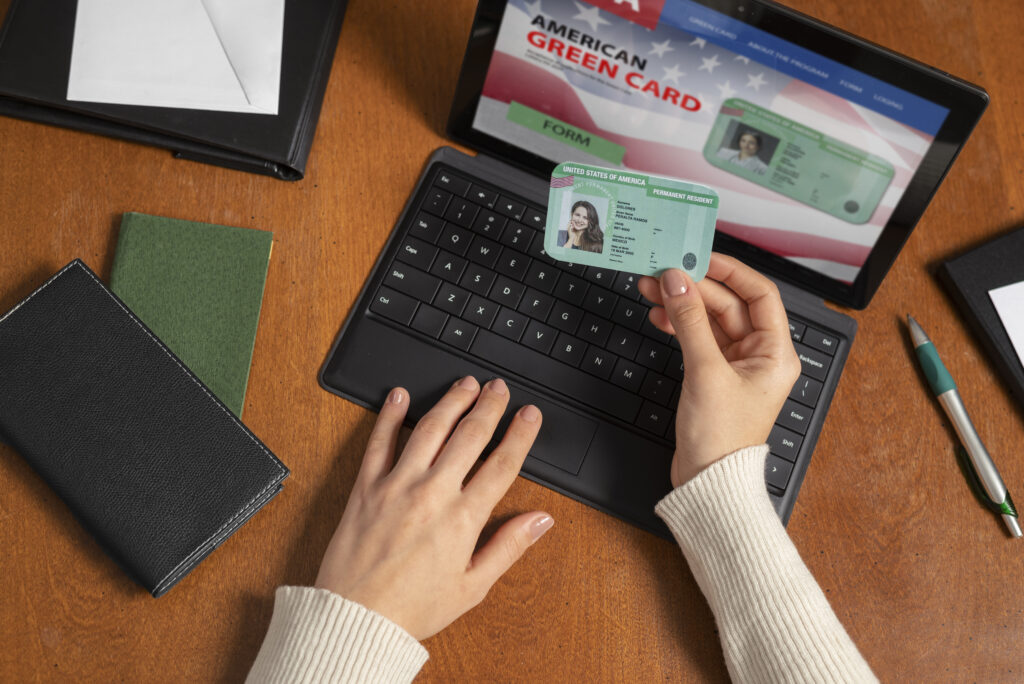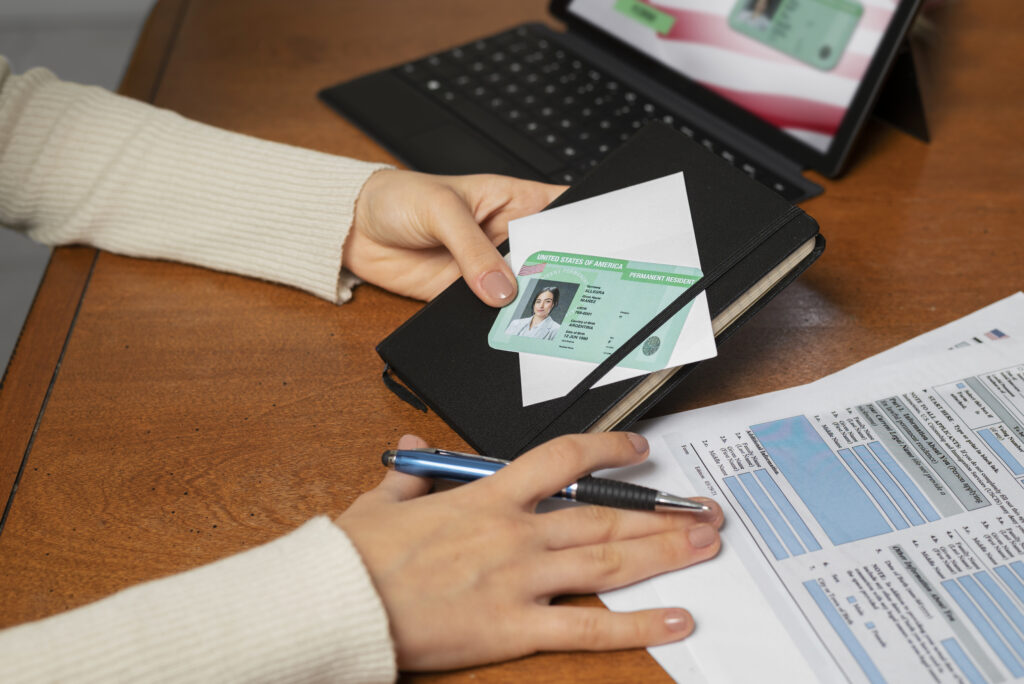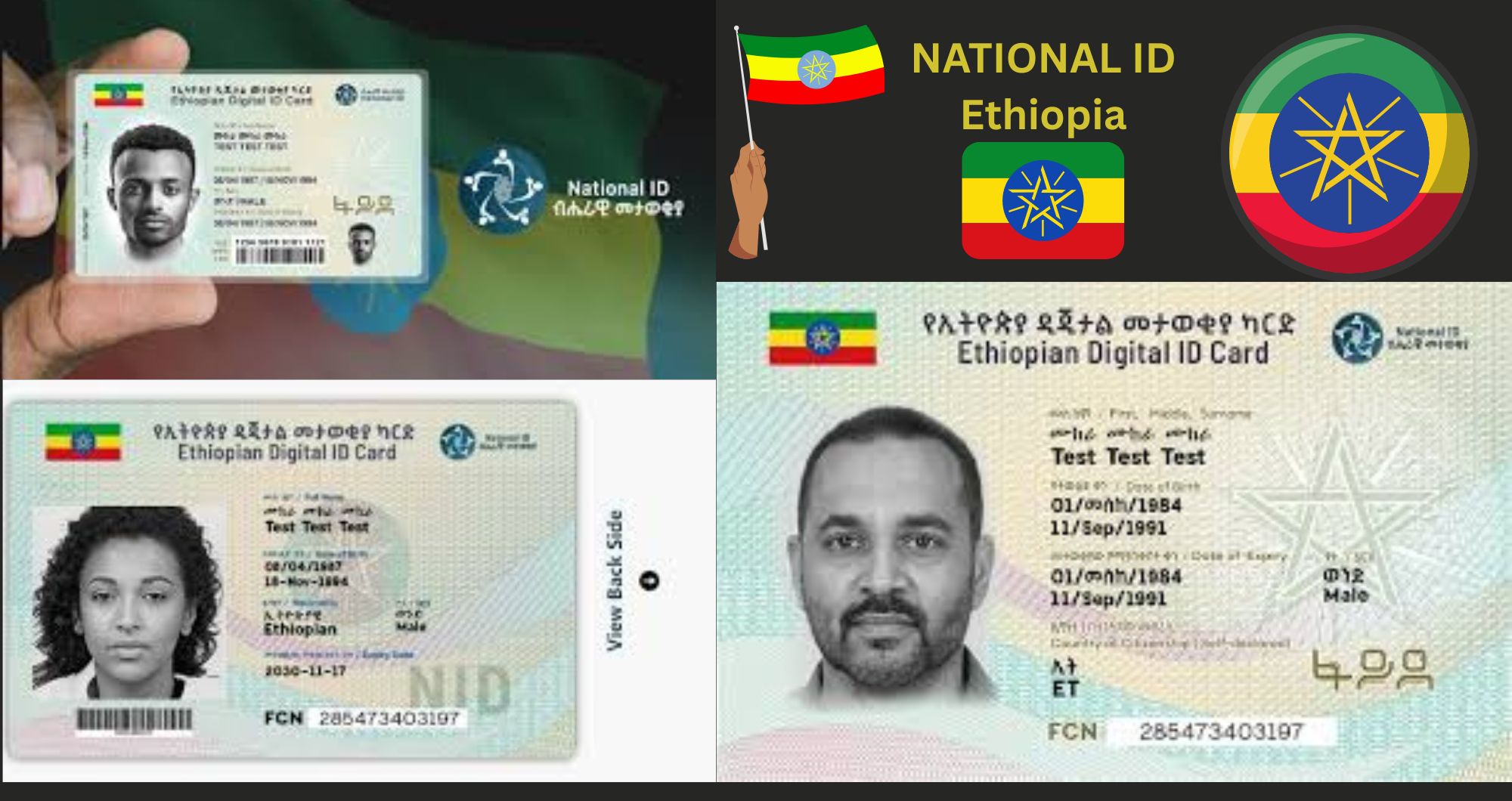National ID Ethiopia: Digital Identity, Dignity Guide with Kaku Press
In a world increasingly driven by digital innovation, the idea of a strong national identity system is no longer a luxury—it’s a necessity. For millions of Ethiopians, the launch and ongoing implementation of the National ID Ethiopia project is more than just paperwork or digital registration. It’s a moment of recognition, a step toward inclusion, and a powerful promise of belonging.
This article explores the purpose, importance, challenges, and future of Ethiopia’s national ID system—from a deeply human and emotional lens.
Why the National ID System Matters in Ethiopia
Imagine living your whole life without any formal proof of who you are. No ID card, no legal document, no recognized identity. This is not a rare case in Ethiopia—it’s the reality for millions.
Without a national ID:
- You can’t open a bank account.
- You can’t access government services.
- You can’t register for school or get a SIM card.
- You struggle to prove who you are to the very institutions meant to serve you.
That’s why the Fayda ID program—Ethiopia’s official digital ID initiative—is more than a technological project. It’s about restoring dignity, access, and hope for people who’ve long lived in the shadows of the system.
What Is the Fayda ID?
The National ID Ethiopia, often called the Fayda ID, is a digital, biometric-based identification system introduced by the Ethiopian government. “Fayda” means “value” or “benefit” in Amharic—and that’s exactly what this ID aims to bring to every Ethiopian citizen and resident.
This new system provides:
- Unique biometric identification (fingerprint, facial recognition)
- Secure digital storage of ID data
- Access to public and private services through a single verified identity
It is designed to eliminate fraud, streamline services, and promote inclusive development across the nation.

A Digital ID for the People—Not Just the Elite
One of the most emotional aspects of this initiative is its reach into marginalized communities. Rural villagers, displaced persons, and low-income workers—the very people who’ve been invisible to formal systems—are now being included.
When an elderly farmer in Tigray or a young student in Gambella gets their Fayda ID, they’re not just receiving a card. They’re being acknowledged. Counted. Respected.
That’s powerful.
How the National ID Will Transform Ethiopia
The national ID system is expected to touch almost every part of life in Ethiopia. Here’s how:
1. Financial Inclusion
- Banks and fintech apps can easily verify identities.
- More Ethiopians can access loans, mobile banking, and financial services.
2. Improved Healthcare Access
- Patient records can be securely linked to national IDs.
- Medical histories become easier to track and manage.
3. Fair Elections
- Verified identities help prevent double voting or fraudulent registration.
4. Education Opportunities
- Students can register for exams and schools without confusion or duplication.
5. Efficient Public Services
- Government subsidies, pensions, and welfare programs can be delivered directly to the right people.
This is more than convenience. It’s about building a fairer, more transparent society.
The Technology Behind the Transformation
The National ID Ethiopia Project Office (NIDP) is working with international partners and local tech teams to ensure:
- Data security
- Transparent algorithms
- Scalable infrastructure
- Offline functionality in rural areas
The system is also GDPR-compliant, emphasizing user consent and privacy protection at every step.
Challenges Still Ahead
No transformation comes without hurdles. Ethiopia faces several challenges in rolling out the national ID:
- Connectivity gaps in remote areas
- Language and literacy barriers for registration
- Mistrust in government systems due to political history
- Cost of scaling technology to over 100 million people
But step by step, with patience and determination, the system is expanding.

How to Register for the National ID in Ethiopia
If you live in Ethiopia and want to register for your Fayda ID:
- Visit a nearby registration center (offered in various towns and cities).
- Bring any existing ID (passport, driver’s license, or kebele ID—if available).
- Provide biometric data—fingerprint, face scan, and photo.
- You will receive your digital ID profile once verified.
You can also visit the official website of the National ID Ethiopia Project for details.
Stories That Inspire: What the ID Means to Real People
- Fatima, a mother of three in rural Oromia, was never able to open a bank account. After getting her Fayda ID, she enrolled in a women’s savings group and now manages her own finances.
- Daniel, a young man from Addis Ababa, said, “For the first time, I feel like the system knows me—like I actually exist.”
- Selam, a high school graduate in Bahir Dar, finally registered for university entrance exams thanks to her digital ID.
These aren’t just stories. They’re the heartbeat of a country evolving with dignity.
The Bigger Picture: Identity is Power
In many ways, identity is more than a name and a number. It’s your gateway to the world. It’s how you claim space, demand rights, and dream of a future.
Ethiopia’s journey toward a digital national ID is not just about modernizing systems—it’s about building trust, bridging gaps, and restoring visibility to the invisible.
Conclusion: A Nation United by Identity
As Ethiopia steps into a new era of innovation and inclusion, the National ID Ethiopia project stands as a symbol of progress. It’s not just a database or digital tool—it’s a declaration that every person matters.
This ID gives people the power to participate fully in life—to learn, to earn, to vote, to heal, and to grow.
And that’s the kind of future Ethiopia deserves.
FAQs – National ID Ethiopia
1. Is the Fayda ID mandatory?
Currently, it’s voluntary, but it’s expected to become essential for accessing various services in the future.
2. Can I register for the national ID without existing documents?
Yes, the system accepts community witnesses and other verification methods if you have no formal ID.
3. Is the national ID system safe?
Yes, it follows global standards for data security and user privacy.
4. How long does the registration process take?
The biometric data collection takes about 10–15 minutes. Issuance depends on verification.
5. Where can I get more info about my ID registration?
Visit the official website: https://www.id.gov.et or contact your local registration center.


2 Comments